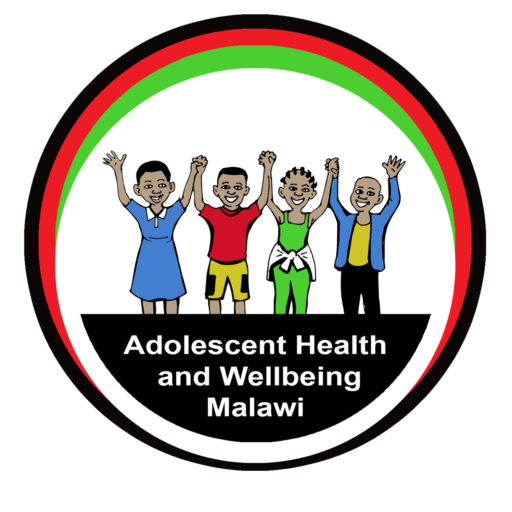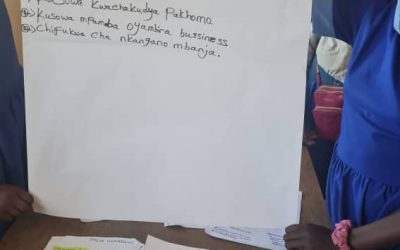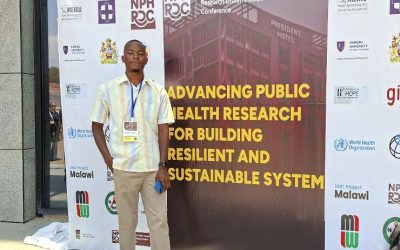On this World Health Day, we advocate for the fundamental right to health for all, including adolescents who are shaping our future. However, for many young people, their health journey is marred by the shadow of Adverse Childhood Events (ACEs), which profoundly impact their sexual and reproductive health (SRH) and mental well-being [1–3]. ACEs encompass a range of traumatic experiences such as abuse, neglect, household dysfunction, and community violence, which occur before the age of 18 [1–3]. In Malawi, 23% and 13% of adolescent girls and boys respectively face sexual violence [4]. Another study conducted in Malawi indicated that about 72% of adolescents face ACEs[5].
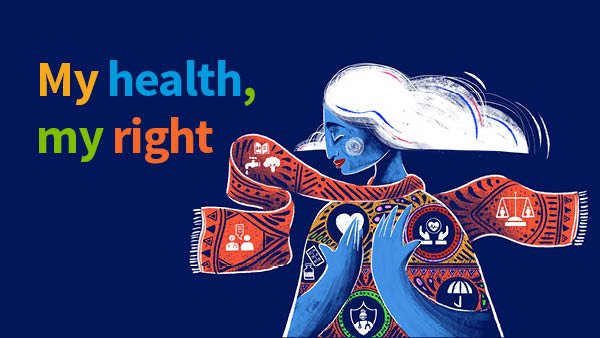
Research consistently shows that ACEs are associated with a myriad of health challenges, including poor SRH outcomes and increased risk of mental health disorders [6–11]. During adolescence, individuals undergo critical physical, emotional, and social developments [6–8]. ACEs disrupt this process, often leading to adverse SRH outcomes such as early sexual debut, unintended pregnancies, sexually transmitted infections (STIs), and risky sexual behaviours[12–14]. Moreover, ACEs contribute to the onset of mental health issues like depression, anxiety, and substance abuse among adolescents[15, 16].
As we recognize “My Health, My Right,” it’s imperative to empower adolescents with the resources and support they need to overcome the impact of ACEs on their health. This includes interventions tailored to their unique needs. Our programme is funded by the NIHR who commit ‘tackling global health inequalities’ and ‘…enabling discovery of innovative solutions, evidence-based practices and new methods and technologies…support(ing) a more sustainable, resilient and healthier future’. The Kamuzu University of Health Sciences in collaboration with the Malawi University of Business and Applied Sciences, and the University of Strathclyde is conducting an exploratory study to explore interventions that can address ACES that influence SRH and mental health outcomes among adolescents. By understanding the root causes and implementing targeted strategies, we can break the cycle of intergenerational trauma and promote positive health outcomes for future generations.
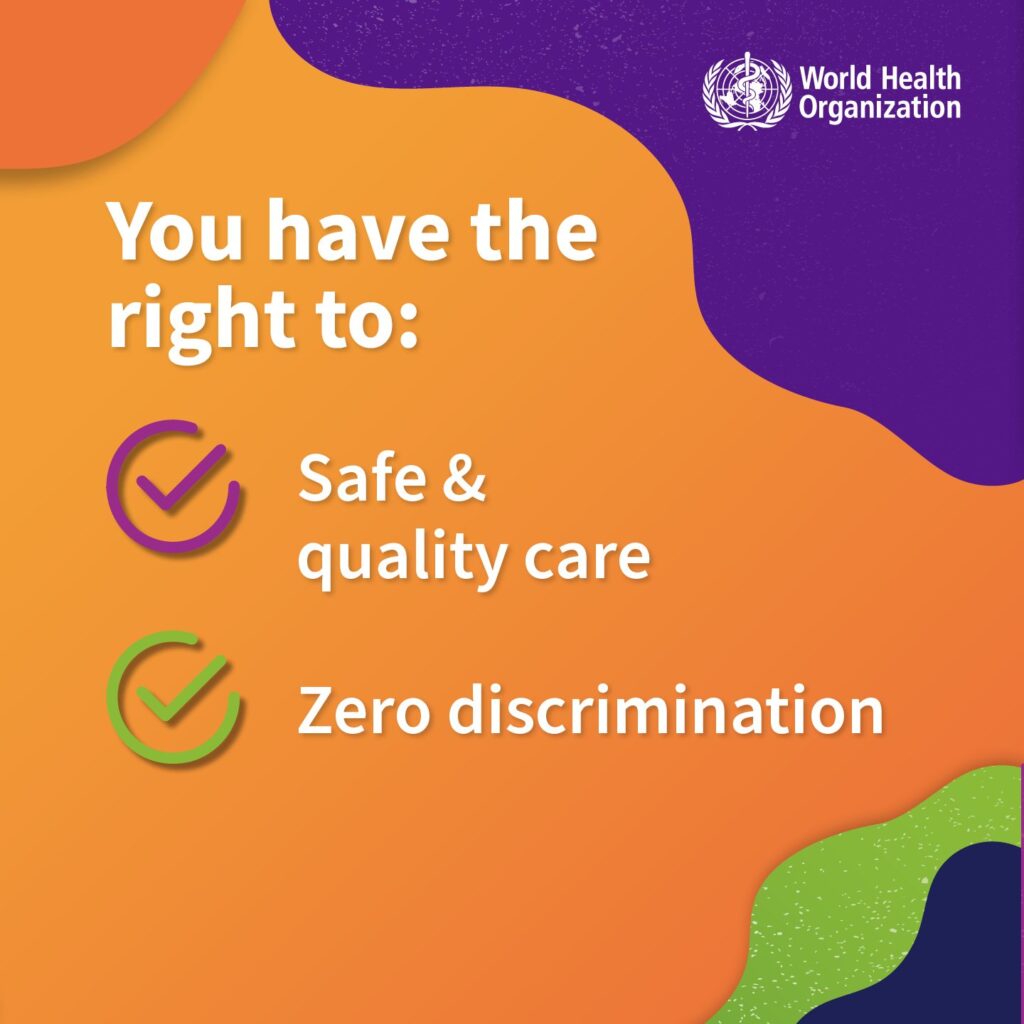
“Health is a human right, and it begins with protecting our children from adverse experiences. By addressing trauma early on, we ensure that every adolescent can fulfill their potential and enjoy a life of health and happiness.”
On this World Health Day, let us reaffirm our commitment to adolescent health as a fundamental human right. By addressing ACEs and investing in holistic interventions, we can create a world where every young person can thrive, free from the burden of past trauma, and empowered to claim their health and well-being as their inherent right.
~by Dr Wanangwa Chimwaza (KUHeS) and Felistas Mpachika (NIHR GHRG AHW PhD Fellow – KUHeS)
References
[1] Kalmakis KA, Chandler GE. Adverse childhood experiences : towards a clear conceptual meaning. Epub ahead of print 2013. DOI: 10.1111/jan.12329.
[2] Loveday S, Hall T, Constable L, et al. Screening for Adverse Childhood Experiences in Children: A Systematic Review. Pediatrics; 149. Epub ahead of print 2022. DOI: 10.1542/peds.2021-051884.
[3] Karatekin C, Mason SM, Riegelman A, et al. Children and Youth Services Review Adverse childhood experiences : A scoping review of measures and methods ☆. Child Youth Serv Rev 2022; 136: 106425.
[4] Malawi U. Ending violence against women and girls in Malawi: What do we know? 2020.
[5] Kidman R, Piccolo LR, Kohler HP. Adverse Childhood Experiences: Prevalence and Association With Adolescent Health in Malawi. Am J Prev Med 2020; 58: 285–293.
[6] Felitti VJ, Anda RF, Nordenberg D, et al. Household Dysfunction to Many of the Leading Causes of Death in Adults The Adverse Childhood Experiences ( ACE ) Study. 1998; 14: 245–258.
[7] Lee N, Massetti GM, Perry EW, et al. Adverse Childhood Experiences and Associated Mental Distress and Suicide Risk: Results From the Zambia Violence Against Children Survey. 2023; 37: 1–17.
[8] Naranjo-rivera G. Measuring Adverse Child Experiences Among Young Adolescents Globally : Relationships With Depressive Symptoms and Violence Perpetration. J Adolesc Heal 2019; 65: 86–93.
[9] Substance Abuse and Mental Health Services Administration (SAMHSA). SAMHSA’s Center for the Application of Prevention Technologies the Adverse Childhood Experiences Study the Relationship of Aces To Substance Use and Related Behavioral Health Problems. 2015; 1–6.
[10] Dube SR, Miller JW, Brown DW, et al. Adverse childhood experiences and the association with ever using alcohol and initiating alcohol use during adolescence. J Adolesc Heal 2006; 38: 444.e1-444.e10.
[11] Dube SR, Felitti VJ, Dong M, et al. Childhood abuse, neglect, and household dysfunction and the risk of illicit drug use: The adverse childhood experiences study. Pediatrics 2003; 111: 564–572.
[12] Fiscella K, Kitzman HJ, Cole RE, et al. Does child abuse predict adolescent pregnancy? Pediatrics 1998; 101: 620–624.
[13] Russell M, Cupp PK, Jewkes RK, et al. Intimate partner violence among adolescents in Cape Town, South Africa. Prev Sci 2014; 15: 283–295.
[14] Vundule C, Maforah F, Jewkes R, et al. Risk factors for teenage pregnancy among sexually active black adolescents in Cape Town – A case control study. SOUTH AFRICAN Med J 2001; 91: 73–80.
[15] Lansford JE, Dodge KA, Pettit GS, et al. A 12-year prospective study of the long-term effects of early child physical maltreatment on psychological, behavioral, and academic problems in adolescence. Arch Pediatr Adolesc Med 2002; 156: 824–830.
[16] Gajos JM, Chelsea MR, Leban L, et al. Adverse Childhood Experiences and Adolescent Mental Health: Understanding the Roles of Gender and Teenage Risk and Protective Factors Jamie. J Affect Disord 2022; 314: 303–308.
